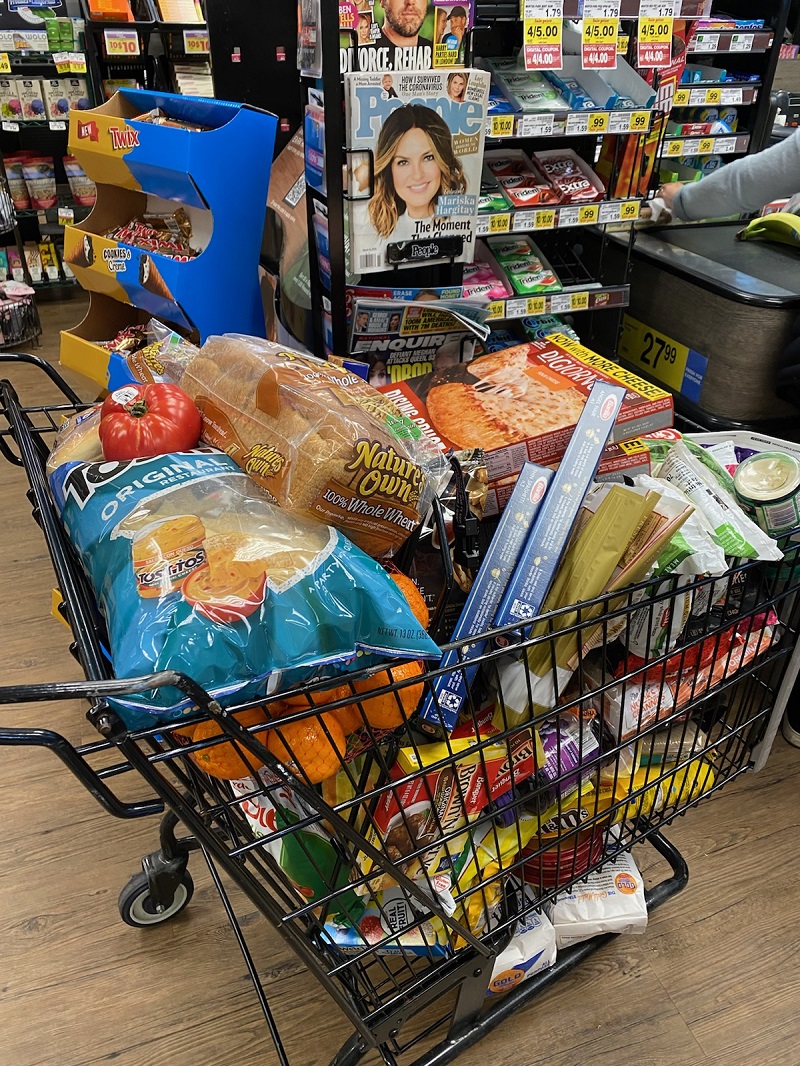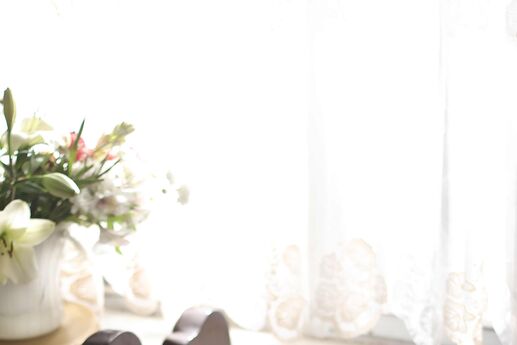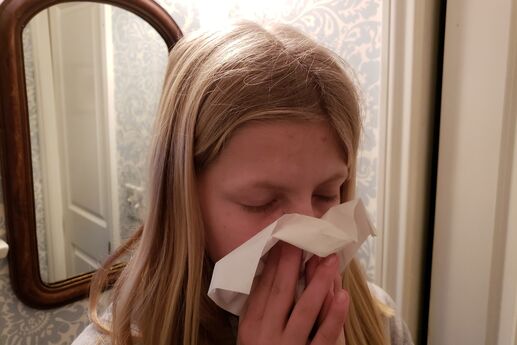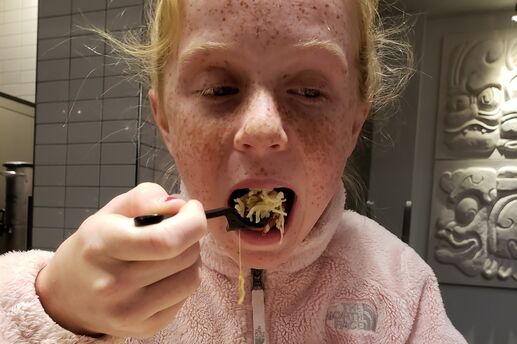Coronavirus Update
Updated March 24, 2020
The State of New York has now 25,000 confirmed cases of COVID-19, with health officials expecting this number to double every three days for the next week. New York City remains on lock down with the eerie scene of empty Manhattan streets becoming common images on news programs and social media. In California, the Bay Area and the city of Los Angeles are preparing for a hospital bed shortage as cases spike, and the death tool rises. The 2020 Olympic Games in Japan have been postponed indefinitely, and India has ordered a 3 week shutdown for its 1 billion plus inhabitants. World leaders are now trying to understand the calculus between lost lives and potentially catastrophic economic damage, which urging lawmakers to pass bailout legislation. Meanwhile, millions of children are out out school indefinitely, and households become increasingly fearful that their old way of life is over for good, and the new normal is here to stay. Politically, Governors from states like Illinois, California and New York have taken the urgency of their message citizens, while the Trump administration tries to contain the political fallout from its mixed messaging.
Please visit the CDC for health tips and other important updates
As of today, March 11, 2020, the Coronavirus has infected more than 120,000people worldwide, in over 100 countries, including the United States. The CDC has reported over 4,700 deaths around the globe, including 50 in the US.
A nursing home facility in Kirkland, Washington has become the epicenter of the COVID-19 outbreak, and officials there are scrambling to contain the spread of the virus, as well as try and keep the public from panicking. Mixed messages from the Trump Administration has done little to mitigate the panic, which spilled over again onto wall Street with the Dow falling over 7.8% and the S&P 500 dropping 7.6%. The CDC is urging caution while trying to keep the public calm. Sporting events like the Paribas Open in Indian Wells, California are being cancelled, and health officials are encouraging the public to practice safe interactions like social distancing.
In addition, California Governor Gavin Newsom has allowed the Cruise Ship Grand Princess to dock in Oakland after waiting a week outside the Golden gate. There are 2,500 passengers on board,and over 2 dozen have tested positively for the virus, making Bay Area residents nervous. All of this against the backdrop of increased criticism over the Trump Administration's handing of the crisis, especially as it relates to clear and transparent messaging, and testing. To date, less than 4,000 US patients have received testing.
The Federal Government has created a new website, and Dr. Anthony Fauci, the Director of Allergy and infectious diseases has issue a sobering message to all Americans, as colleges and Universities shut down, and large group gatherings, including concerts and events, are either cancelled or postponed. The South by Southwest Music Festival in Austin has been cancelled, and Coachella in California has been postponed until October 2020.

Americans have been cleaning out shelves at their local supermarkets as retailers struggle to keep crucial supplies available, and are even issuing quota on how much of one item (ie, toilet paper) a single customer can buy. It appears that China's approach to containing the virus has worked, and while the economic cost has been great, time should allow economies to recover. Global equity markets continue to demonstrate very high volatility as uncertainty reigns.







